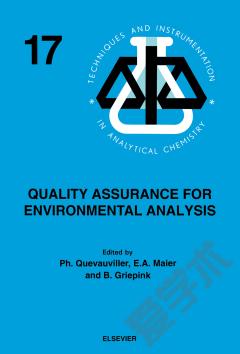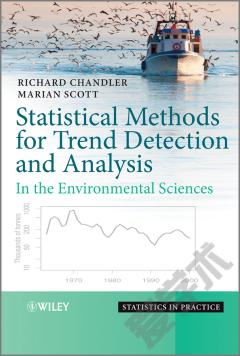Interlaboratory Studies and Certified Reference Materials for Environmental Analysis —— The BCR Approach
----- 环境分析用实验室间研究和标准物质:BCR法
The participation in interlaboratory studies and the use of Certified Reference Materials (CRMs) are widely recognised tools for the verification of the accuracy of analytical measurements and they form an integral part of quality control systems used by many laboratories, e.g. in accreditation schemes. As a response to the need to improve the quality of environmental analysis, the European Commission has been active in the past fifteen years, through BCR activity (now renamed Standards, Measurements and Testing Programme) in the organisation of series of interlaboratory studies involving expert laboratories in various analytical fields (inorganic, trace organic and speciation analysis applied to a wide variety of environmental matrices). The BCR and its successor have the task of helping European laboratories to improve the quality of measurements in analytical sectors which are vital for the European Union (biomedical, agriculture, food, environment and industry); these are most often carried out in support of EC regulations, industrial needs, trade, monitoring activities (including environment, agriculture, health and safety) and, more generally, when technical difficulties hamper a good comparability of data among EC laboratories. The collaborative projects carried out so far have placed the BCR in the position of second world CRM producer (after NIST in the USA). Interlaboratory Studies and Certification of Reference Materials for Environmental Analysis gives an account of the importance of reference materials for the quality control of environmental analysis and describes in detail the procedures followed by BCR to prepare environmental reference materials, including aspects related to sampling, stabilization, homogenisation, homogeneity and stability testing, establishment of reference (or certified) values, and use of reference materials.
{{comment.content}}








 京公网安备 11010802027623号
京公网安备 11010802027623号